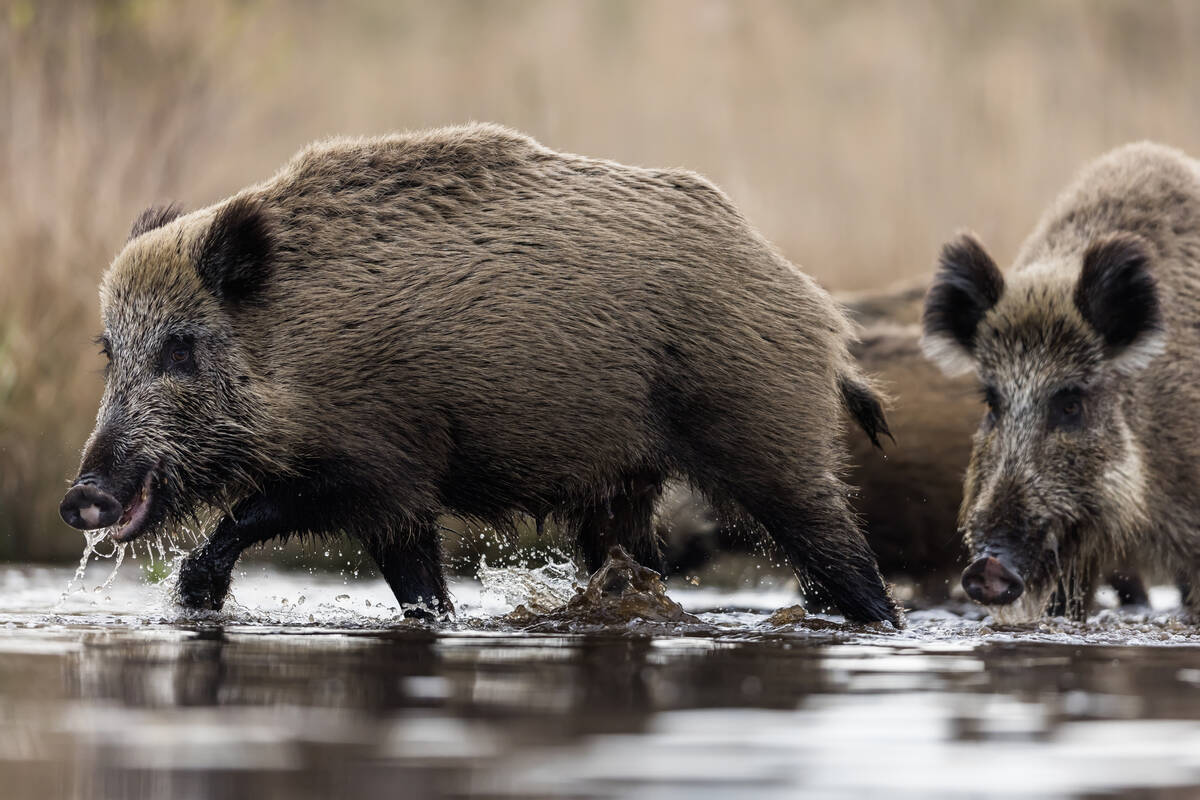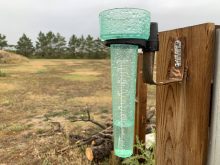Saskatchewan scientists have figured out a way to turn pond scum into biofuel.
“Our team of experts has used our uniquely flexible technologies to produce pure oils from waste plant material, waste fat, waste products from oilseed processing, non-food oilseed crops and now, algae,” said Bob Morgan, president of POS Pilot Plant Corp. in Saskatoon
At the request of an international client, the research facility dusted off and refined a four-year-old project on how to extract oil from algae.
With assistance from the Agriculture Council of Saskatchewan, POS Pilot Plant invested $1 million in a new extraction process that converts algae biomass into an oil that can be used to create biofuel or nutraceutical products.
Read Also

Manitoba bans wild boar possession
Manitoba has tightened the regulatory status of Eurasian wild boar in an effort to help fight back against invasive wild pigs.
“(Algae) tends to produce the same kind of oils that you might get out of a plant,” Morgan said.
During the extraction process, a slurry of algae is introduced into a bead mill, where thousands of tiny beads made from various materials disrupt the cells of the algae, releasing their oils into the slurry. A centrifuge is used to separate the oils from the solids and other liquids.
Morgan said there is an emerging market for the product. The U.S. defence department is working with energy companies on developing an algae-to-fuel conversion process. It wants to decrease its reliance on foreign diesel used to power its trucks, ships and planes.
Another area of interest is capturing carbon dioxide from coal-fired power plants, piping it to algae cultivation centres where the smokestack pollutant would be used up in the production process, and converting the resulting algae into gasoline, diesel or nutraceutical products.
One advantage that algae biofuel has over traditional ethanol and biodiesel is that it can be used as a complete replacement to gasoline and diesel rather than a blended fuel.
Another is that algae can produce more oil per acre than crops such as soybeans and canola. As well, algae production doesn’t require large tracts of farmland and it is not an edible crop, which means it isn’t subject to the same food security backlash as soybean and canola based biodiesel.
So far, POS Pilot Plant’s extraction technology has generated only international interest, but Morgan said it could also lead to a local project where farmers grow algae in ponds, greenhouses or reactors for a biofuel processing facility.















